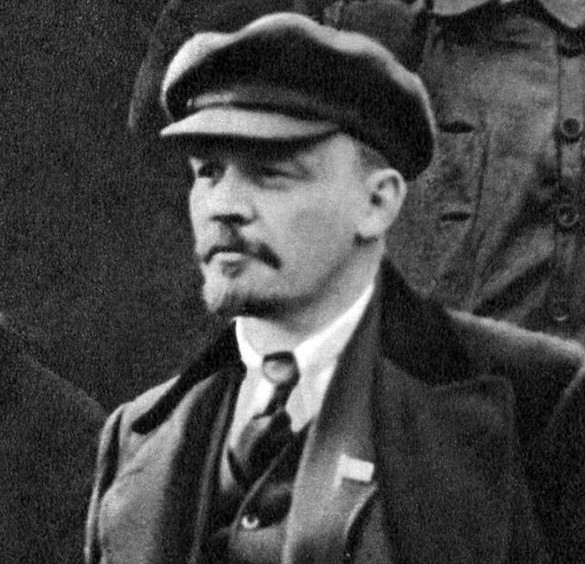A certainly infamous figure which is dreaded by most Marxists-Leninists, with good reason at least. However, one thing that the dialectical principle teaches us is that to overcome something, its useful, positive, or correct aspects must be preserved.
I became less and less against the historical figure of Trotsky, but I remain anti-Trotskyist, because there are a big difference between Trotsky and Trotskyism. What made me change my mind over time was realizing that I have actually never read anything by Trotsky, I still don’t know his biography, but it’s a fact that he was very relevant in the October Revolution.
After reading the first two chapters of The revolution betrayed, I noticed how Trotsky’s 1936 analysis on the relationship between the peasantry and the state industry under the NEP was correct up to the academic standards of E. H. Carr (1950–1978),[1] Charles Bettelheim (1978)[2] and R.W. Davies (1980)[3], using statistical data available at their time. I don’t know about Trotsky’s conclusion on the character of the Soviet state because I haven’t read his work in full.
Much like Stalin, Trotsky is a very contradictory figure, so it’s very hard to simplify them by picking a side and denying the usefulness of the other. It’s a dogmatic mentality that we should strive to avoid at all costs, because the truth is the whole, not the single perspective we pick. The intention of this post is a call for us to overcome these barriers that hamper our understanding of the past, and therefore, the present. I have noticed how many Marxists-Leninists are able to read works produced by bourgeois academics, yet preserve a hatred for certain figures (such as Trotsky, Bukharin, Khrushchev, etc.) so big that they cannot understand the historical place of them.
14 volumes of A history of Soviet Russia, published between the years of 1950 and 1978. ↩︎
Charles Bettelheim (1978). Class struggles in the USSR, second period: 1923–1930. New York: Monthly Review Press. ↩︎
R. W. Davies (1980). The socialist offensive: the collectivisation of Soviet agriculture, 1929–1930. The industrialisation of Soviet Russia, vol.1. Palgrave Macmillan ↩︎


Fun fact: the Nazis were big fans of Trotsky’s writings on the Soviet Union under Stalin, so much so they frequently used them as propaganda material.